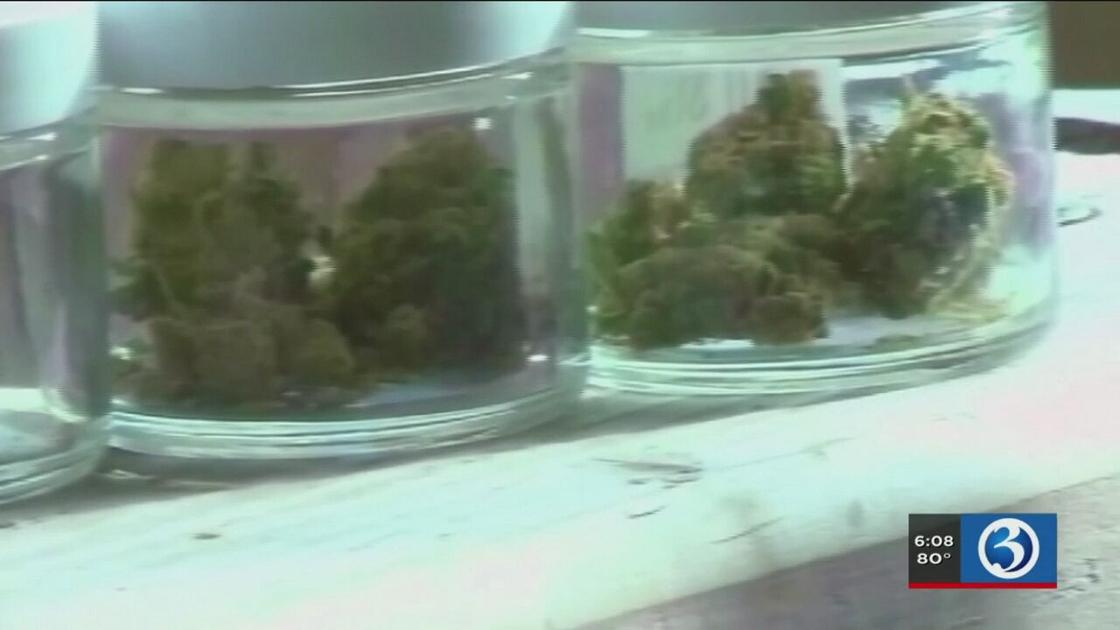

(WFSB) – As Connecticut sits on the verge of legalizing marijuana for recreational use, one Colorado lawyer is warning it will spell trouble here.
He says Colorado has learned that all too well.
The attorney, who actually helped write the amendment that ended marijuana prohibition in Colorado about a decade ago. He says it has turned out to be a nightmare in his state and says Connecticut should learn from Colorado’s marijuana mistake.
“You are creating essentially another big tobacco in your state,” said Robert Corry.
Attorney Robert Corry is sounding the alarm bells. He says almost 10 years since Colorado ended marijuana prohibition, it has become a big corporate industry that has created a host of problems including harm to children.
“The studies that we have now that we didn’t have ten years ago, but we do have the benefit of these now is that when a state commercializes it and unleashes this massive corporate promotion, advertising of marijuana in the minds of children, that normalizes it for them. Then, they are more likely to abuse it,” Corry said.
Corry also says that the way marijuana is grown will pollute Connecticut.
“These growers grow it indoors, almost exclusively indoors. It’s not grown outside, so the sun is not used. It is artificial light, artificial air conditioning, artificial ventilation systems, the greenhouse gases and environmental emissions from this growing activity is extreme. Marijuana is the worst corporate polluter in the state of Colorado per capita. It’s worse than the oil industry, it’s worse than automobiles, and we have millions of people in our state as you do, it’s about the same size,” Corry said.
He says pesticides used on the indoor grown marijuana leads to another problem.
“So, the growers are using gallons upon gallons, barrels of toxic chemicals to eliminate these natural predators that come in an infect plants, and so they are using this without much oversight and without much regulation on them and that comes into our ground water and not only the groundwater, but it comes into the product itself. So, when the consumer smokes this marijuana or ingests it or eats it, the consumer is eating and ingesting these carcinogenic chemicals that cause cancer,” Corry said.
Another problem he points out is lack of regulation of the potency of marijuana.
“Colorado, at least at this point, there is no limit on the potency of the marijuana and it approached near 100 percent THC. THC is the active ingredient. The psychosis inducing, psychoactive ingredient and the same thing with Connecticut under your current draft, there is no regulation whatsoever on potency of marijuana,” Corry said.
Corry is not a lobbyist and says he has no financial gain in speaking out. He says he just wants Connecticut to at least put in some guardrails that would limit potency of the marijuana and that would limit its negative environmental impact.

